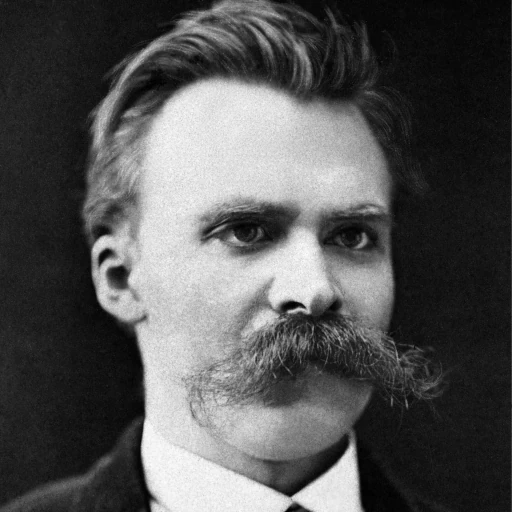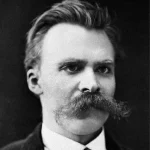“Whoever does not have a good father should procure one.”

- October 15, 1844 – August 25, 1900
- Born in Germany
- Philosopher, poet, and classical philologist
- With works such as “Thus Spoke Zarathustra,” “Beyond Good and Evil,” and “The Genealogy of Morals,” he questioned traditional morality, religion, and truth, and had a major impact on modern philosophy.
Quote
“Whoever does not have a good father should procure one.”
Explanation
In this quote, Friedrich Nietzsche suggests that the presence of a positive father figure is essential for the development of a strong, independent individual. If someone has not had the benefit of a good father—whether due to absence, incompetence, or failure—it becomes their responsibility to find or create such a figure in their life. The idea of “procuring” a father can be interpreted as seeking out a mentor, role model, or source of guidance and wisdom that can provide the structure, strength, and direction that a father might traditionally offer. Nietzsche’s statement highlights the necessity of self-reliance and personal growth—if the traditional source of authority or support is lacking, one must take matters into their own hands and seek out what is needed to develop into a full, empowered individual.
Historically, Nietzsche often explored the role of individual will and self-overcoming. He critiqued systems that limit or suppress the individual and believed that true growth comes when individuals take responsibility for their own development. In this sense, Nietzsche’s suggestion to “procure” a father is in line with his broader philosophy of self-empowerment—understanding that it is not enough to rely on external structures or figures; one must actively shape their own path.
In modern contexts, this quote can be applied to personal development and the search for mentorship. It suggests that if individuals lack guidance or support from traditional sources, such as a father, they can still find role models or mentors in other people—whether in the form of teachers, coaches, leaders, or even philosophical ideas. Nietzsche’s words encourage people to seek out the guidance they need to develop strength, purpose, and independence, even if it means creating or finding new sources of wisdom outside of traditional or biological connections.




